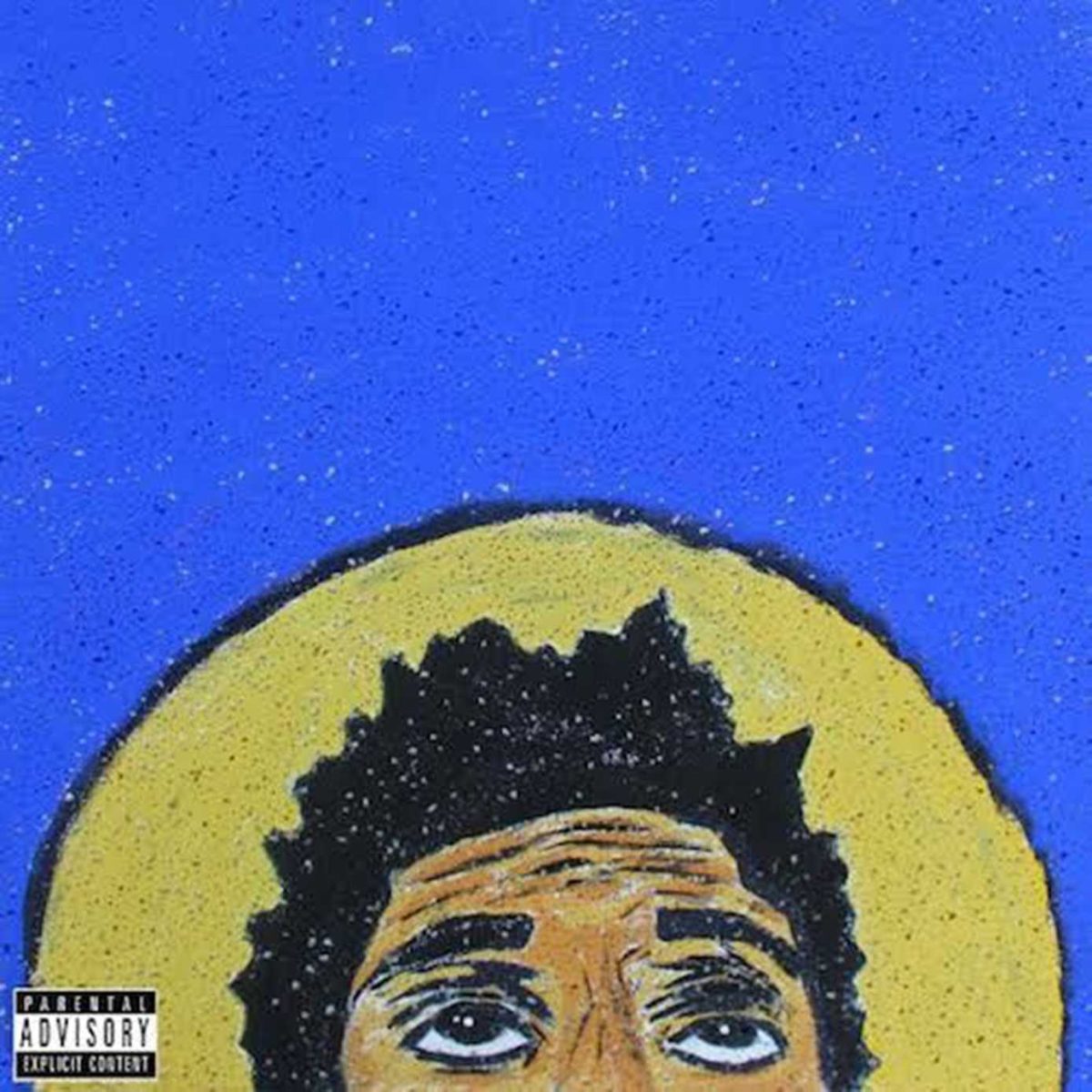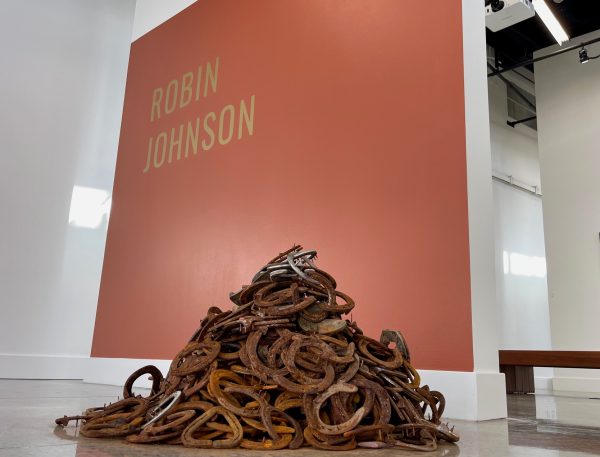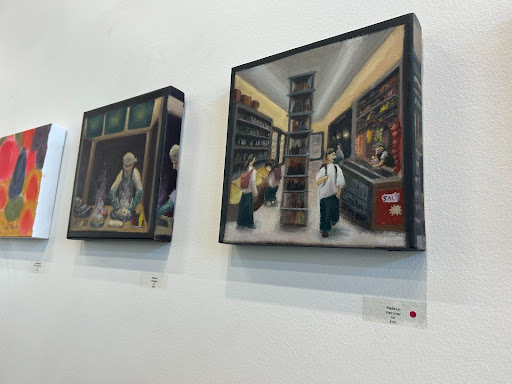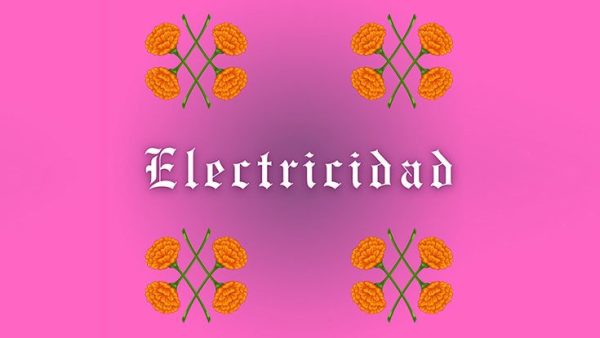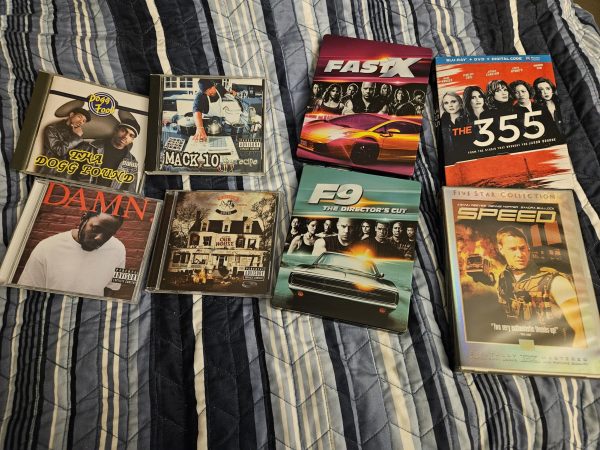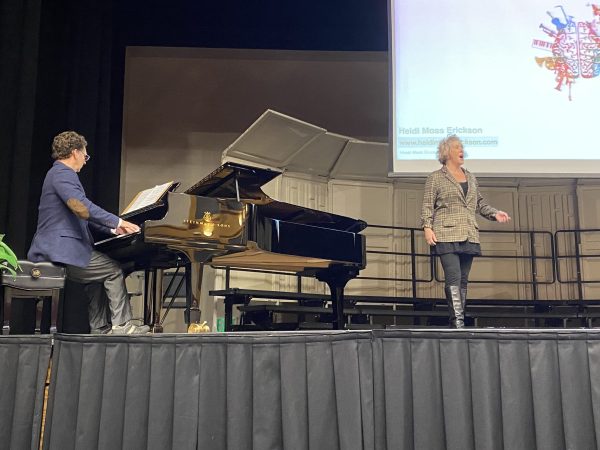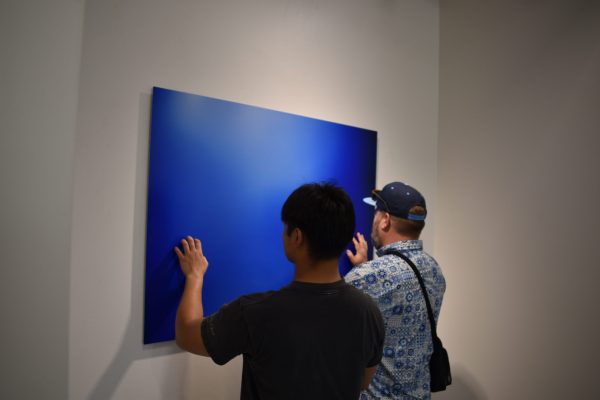Independent artists first album surpasses all expectations
Independent artist Raury set the internet abuzz with the release of his first single “God’s Whisper” earlier this year.
The song’s chorus repeats “I hear God’s whisper/Calling my name/It’s in the wind/I am the savior.”
The song was a mission statement.
The 18-year-old singer/songwriter said to music website Noisey that “these kid’s, they’re bored with the same stuff.” With this, Raury has positioned himself, and his debut EP “Indigo Child,” as the voice for the current generation which he defines as those who grew up with the internet. He’s looking to provide something unique.
With these lofty goals in mind, “Indigo Child” is an impressive piece of work.
“Indigo Child” centers on Raury’s journey from self-righteousness to understanding. It’s emphasized by the title, referring to urban legend that there are children who possess supernatural and extraordinary talents, and a cover featuring a drawing of Raury looking upwards while being framed by his sunhat which resembles a sunrise.
The album is a combination of multiple genres, the most prominent being alternative and folk with a hint of hip-hop.
Each song on the album maintains its individuality while working with a simple set of noises, mainly guitar, drums and call-backs.
Raury possesses the ability to smoothly transition from singing to rapping without overdoing the latter, sometimes taking on a delivery similar to Kid Cudi, like on “Superfly,” or delivering a surprisingly aggressive last verse on “Wildfire.”
But, it’s Raury’s story telling ability that carries most of the album. He’s a good judge of when to be metaphorical or straightforward in order to get his point across.
What ties everything together is Raury’s capacity to know when to purposefully borrow aspects from other artist while maintaining his uniqueness by making it his own. Each song feels extremely personal, as if based on a moment rather than a feeling, in contrast to Raury’s closest contemporary Mac Demarco who is only comparable because both mix the folk and alternative genres.
Raury fully realizes the album’s main theme of self-righteousness, which comes full circle by the end of the album, in his songs and interludes. For the latter, think Kendrick Lamar’s mother on “good kid, m.A.A.d city” but communicated through an argument.
The importance of these interludes is the through line they provide to explicitly represent the narrative of “Indigo Child.” Beginning with “What Goes Up,” each interlude is a piece of an argument between Raury and his mother as they debate his pursuit of a music career. By the final interlude, “Dreaducation,” we are left with the two understanding each others’ motivations.
By then, Raury has come full circle on his self-righteousness. On the album’s closing song, “Seven Suns,” he concedes that he is “among the ignorant youth” and is anxious his “soul’s not pure enough to change the world” before ultimately deciding that he’ll “never wonder if it’s worth it all/Cause it’s worth it all.”
With his consistency in narrative, Raury manages to release more than just a set of songs with “Indigo Child.” He’s released an experience.
It’s this complete realization of his talent, theme and vision that has set Raury apart from the multitude of other artist who the internet allows a platform for their music. It’s what caught the attention of many major publications and artists, such as Kanye West, and gives Raury the ability to speak for a generation.
With his first independent EP, “Indigo Child,” Raury has surpassed what was needed to prove he possesses the skill set to have a fruitful career.

